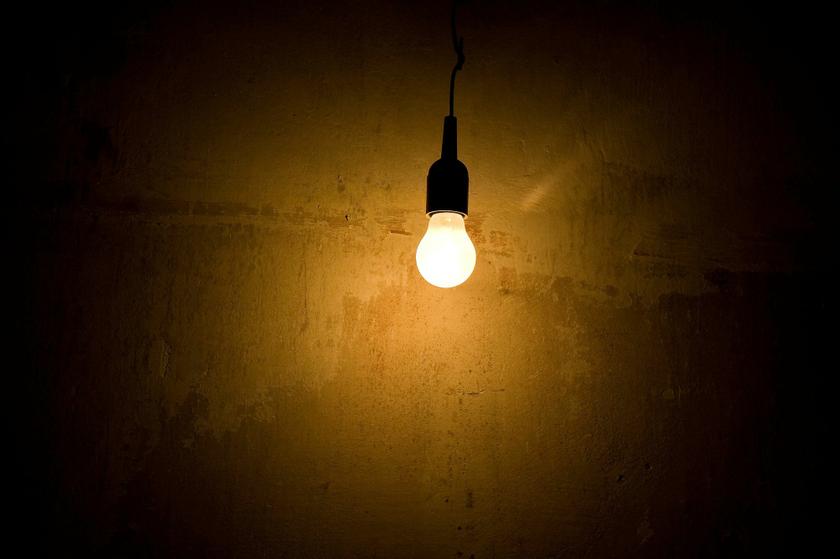KUALA LUMPUR, Dec 26 — One usually cannot escape the realities of market forces. The Energy Commission (EC), which is the energy industry regulator in Peninsular Malaysia and Sabah, recently announced that the government will continue implementing the imbalance cost pass-through (ICPT) mechanism in the first half of 2019 to offset rising costs.
The EC explained that there was an increase in fuel cost and other electricity generation cost in the second half of 2018 amounting to RM1.82 billion.
More than half of Peninsular Malaysia’s power generation comes from imported coal while natural gas, which is regulated and moving towards market price, accounts for over 40 per cent.
The ICPT is a mechanism under the Incentive Based Regulation (IBR) framework implemented on Jan 1, 2014, which allows changes (either increases or reductions) in fuel and other generation-related costs, to be reflected in electricity tariffs every six months as provided for under Section 26 of the Electricity Supply (Amendment) Act 2015.
Basically, it is a mechanism approved by the government and implemented by the EC since January 1, 2014, as part of a wider regulatory reform under the IBR.
According to the EC, the additional generation cost, or imbalance cost, of RM1.82 billion for July-December 2018 was mainly due to the increase in average coal price to US$97.835 per tonne, compared with the forecast coal price of US$75 per tonne set during the base tariff for the Second Regulatory Period, or in short, RP2, from 2018 to 2020.
Residential consumers will not experience any changes to their rates and will be charged at the current rate until June 30, 2019. Commercial or industrial consumers will face higher charges at 2.55 sen/kilowatt hour (kWh) from March 1, 2019, onwards from the present 1.35 sen/kWh to allow ample notice and provide for an adequate transition period.
The EC also disclosed that to ease the RM1.82 billion cost burden to be passed through to customers via the ICPT mechanism, the government had approved for the surcharge for residential customers, amounting to RM308 million, to be funded from the Electricity Industry Fund (KWIE).
On the other hand, the RM948 million ICPT surcharge to non-household customers will be passed through via a staggered ICPT implementation only from March 1, 2019. Part of this surcharge, amounting to RM564 million, will be funded from the savings resulting from the cost and revenue adjustment of TNB for 2018, which was agreed during the base tariff determination in RP2 under the IBR framework.
Based on the pattern of escalating fuel costs for electricity generation, it is inevitable that both energy producers and consumers in the country will have to bite the bullet and brace themselves for potential higher costs and consequently stiffer tariff adjustments.
For consumers especially, they can make proper financial planning with an ICPT and bill calculator, which is accessible at www.myelectricitybill.my. The calculator will help them forecast their monthly electricity bill from January 2019 to December 2020. It is also advisable that consumers re-evaluate their consumption patterns and seek ways to reduce unnecessary power usage and wastage.
When one takes a long hard look at power consumption, there can be several ways to pare down electricity bills through common sense and more efficient use of equipment and appliances. A good source of reference is the TNB website, which provides useful tips on saving electricity consumption.
In addition, TNB, through its Home Energy Report (HER), educates customers on energy usage so that they can make informed choices on cost savings and control their energy bills. The HER also aims to increase customer satisfaction, create public awareness on energy efficiency and meet the country’s energy efficiency goal.
HER is an initiative between TNB and the Ministry of Energy, Science, Technology, Environment and Climate Change (MESTECC) that was started in July 2015.
During HER’s one-year pilot programme, which ended June 2016 and involved 200,000 selected customers in Melaka, Putrajaya and the Klang Valley, a total of 13,979 megawatt hours of electricity was saved. This was equivalent to removing 1,500 cars from the road for a year.
HER, which is sent periodically to consumers, makes a realistic comparison of 100 similar or nearby occupied homes. This 100-home average indicates the typical usage in a given area. Hence, a selected customer’s energy use is being compared with the usage patterns of a group of about 100 similar homes in the vicinity that are also similar in size.
A check with those who had received the HER agreed readily that it does give them a sobering thought because comparisons are made against neighbouring houses. Especially when the energy bills have shot up exponentially.
One customer, when asked about the usefulness of the report, said it helped him to reflect on certain periods when his electricity consumption went up or down.
Another consumer said that he noticed a marked reduction in his bills when he changed to a new refrigerator, and a rise occurred when his relatives came over to stay for a fortnight during the school holidays!
“The HER serves a useful purpose in that it reminds us of our consumption pattern as well as comparison with other users in my neighbourhood,” he said.
All said, these initiatives reflect well on TNB, and other related agencies involved in energy consumption, as they enlighten customers on ways to cope with rising fuel costs. — Bernama



















